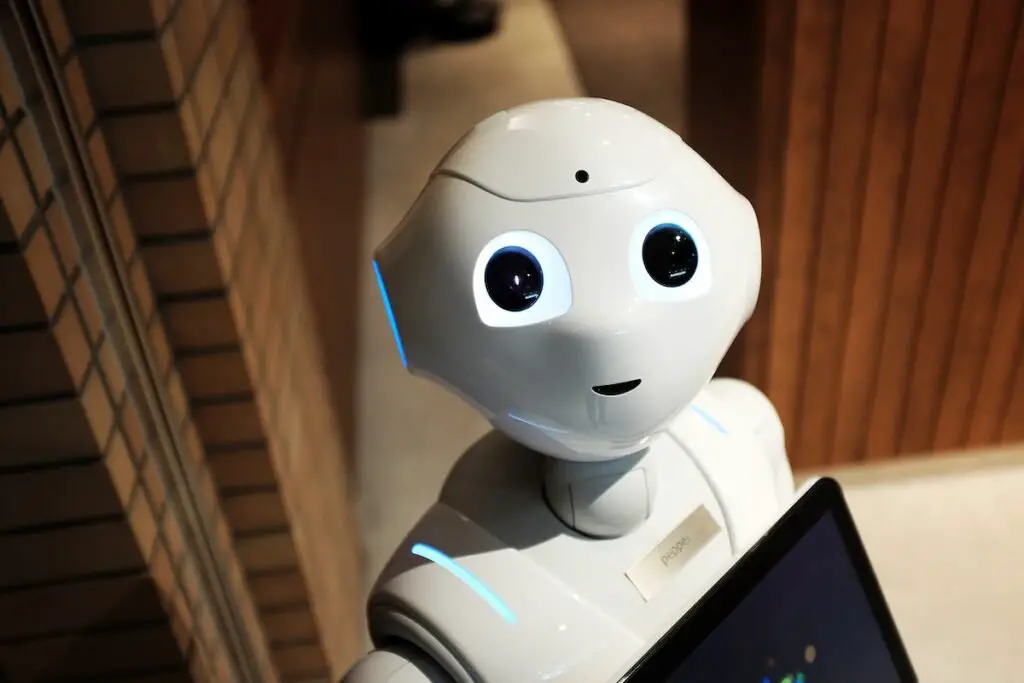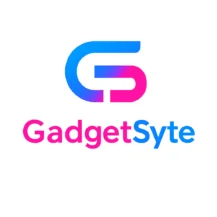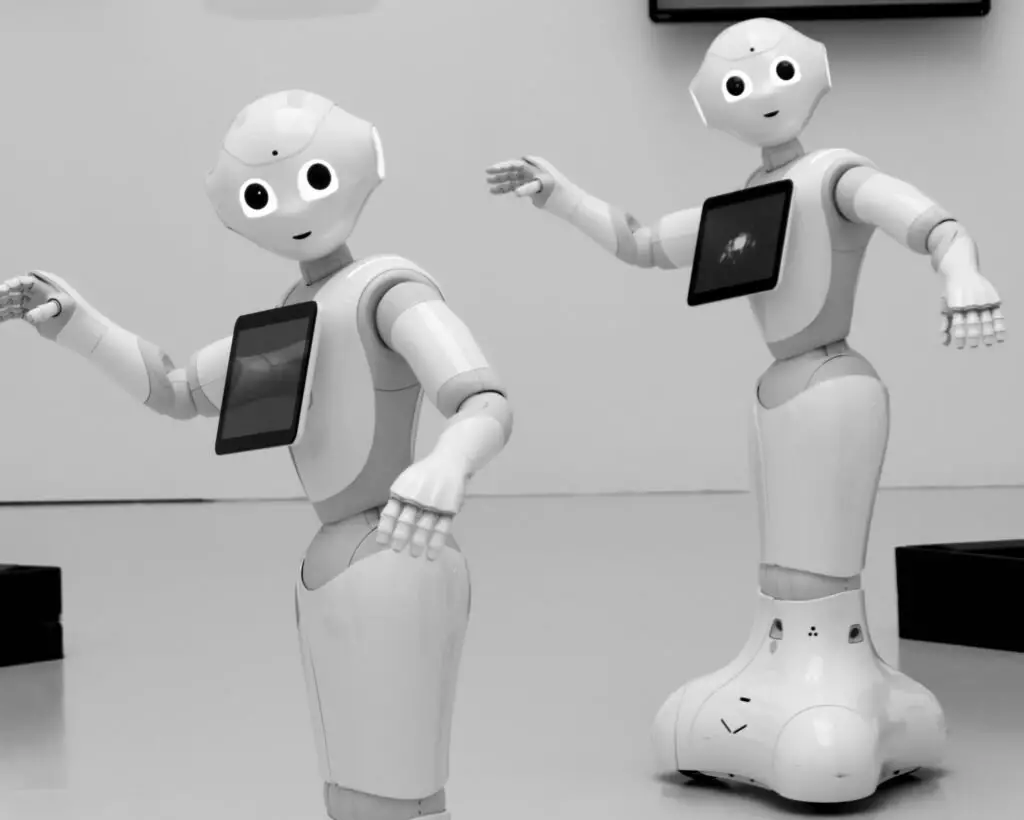Robots not yet taking over—a phrase that has become both a reassurance and a reminder as we head deeper into the age of automation in 2025. While science fiction movies often depict robots seizing control of the world, reality paints a far different picture. In today’s homes, offices, and public spaces, robots are increasingly present, but not in a dominant or threatening way. Instead, they’re assisting us—quietly, efficiently, and often invisibly—with everyday tasks. From vacuuming floors and preparing meals to organizing schedules and supporting manufacturing lines, robots not yet taking over our world have already taken over the most tedious jobs.
This isn’t about losing control—it’s about gaining time. People are experiencing the benefits of robotic and AI-driven tools without the fear of losing their autonomy. That’s the beauty of the modern age: robots not yet taking over, yet they’re significantly lightening our workloads. They’re not replacing us; they’re enhancing what we do.
In this blog, we’ll dive into how robots are reshaping our routines in 2025, which industries are seeing the biggest benefits, and why the phrase robots not yet taking over captures the balance we’re striving to maintain in a rapidly evolving digital landscape.
Household Help: The Rise of Domestic Robots
If you own a Roomba or similar robotic vacuum, you’re already benefiting from the movement where robots not yet taking over are still taking on one of the most boring tasks: cleaning. These robots now use smart mapping, obstacle detection, and AI learning to navigate your home with greater efficiency than ever before. In 2025, they can even empty their own dustbins and recharge themselves automatically.
Smart dishwashers and laundry systems with robotic arms are also emerging, automating previously manual household labor. Robots not yet taking over the home completely, but they are absolutely transforming how much time we spend on chores.
In the Kitchen: AI Cooking Assistants
Imagine walking into your kitchen after work and having a robot chef prepare a healthy, gourmet meal. That’s not science fiction—it’s 2025. While robots are not yet taking over kitchens entirely, devices like AI-powered cookers, robotic arms that assist with chopping and stirring, and smart ovens that adjust cooking times dynamically are now real.
These culinary robots don’t replace chefs, but they do provide busy families and individuals with healthier, faster meals. Again, robots not yet taking over but definitely reshaping our relationship with food and time management.
Outdoors and Garden: Robotic Lawn Care
Robotic lawnmowers and irrigation systems that monitor soil moisture and weather conditions have revolutionized garden maintenance. With smart scheduling and adaptive learning, these machines reduce the need for manual labor while keeping your yard in top shape.
It’s just one more area where robots not yet taking over still manage to take a major workload off our shoulders. Garden robots are becoming more affordable and more intelligent, making them accessible for the average household in 2025.
At Work: Support, Not Supremacy
When it comes to the workplace, robots not yet taking over is still the truth, but the role they play is expanding. In industries like logistics, healthcare, and manufacturing, robots are taking over dangerous or repetitive tasks to improve safety and efficiency.
In offices, AI tools now handle everything from calendar management and customer support chatbots to data analysis and report generation. However, they still require human oversight. The reality in 2025 is that robots not yet taking over your job—but they might be your next best coworker.
Emotional Intelligence and Human Connection Still Matter
One major reason robots are not yet taking over is their lack of emotional intelligence. While chatbots and AI companions have improved drastically, they still lack the empathy and intuitive understanding that only humans can offer.
Whether in teaching, counseling, or caregiving, human connection remains irreplaceable. Robots can provide assistance but not affection. In this realm, the idea that robots not yet taking over is not just a technological reality, but a philosophical boundary.
The Smart Home Ecosystem
In 2025, smart homes are more intelligent than ever. Voice assistants, AI thermostats, and connected lighting are all part of a broader system working together seamlessly. These devices, powered by machine learning, learn your preferences, save energy, and provide added security.
Yet again, robots not yet taking over, but these systems are giving humans a more relaxed and controlled lifestyle. You can manage your entire home from your smartphone, giving new meaning to convenience.

The Road Ahead: Automation with Boundaries
While robots and AI continue to evolve rapidly, the phrase “robots not yet taking over” should reassure us. There are still limits to what technology can do, especially in creative, emotional, and ethical dimensions.
As we move forward, it’s essential to balance innovation with responsibility. Governments, corporations, and developers must work together to ensure that robotics enhances life rather than complicates it. The goal is not to replace humans, but to empower them.
Conclusion
In 2025, it’s clear that robots not yet taking over doesn’t mean stagnation in the world of automation—it means progress with purpose. While we’re not living in a world controlled by machines, we are seeing a remarkable evolution in how robots assist us in our daily lives. From household chores to industrial efficiency and healthcare advancements, robots are contributing in ways that are useful, not overpowering.
The phrase robots not yet taking over perfectly encapsulates this transitional era. We’re witnessing the rise of collaborative robots—machines designed not to replace human beings, but to work alongside us, improving productivity, safety, and quality of life. And while concerns about automation persist, current trends show a responsible and human-centric integration of robotics.
As we look ahead, the key lies in maintaining a balance between innovation and ethical application. With thoughtful development and conscious deployment, robots not yet taking over could remain a reassuring reality for years to come.
For more insights on smart tech trends and future-ready gadgets, visit GadgetSyte.com — your ultimate destination for staying ahead in the world of innovation.







